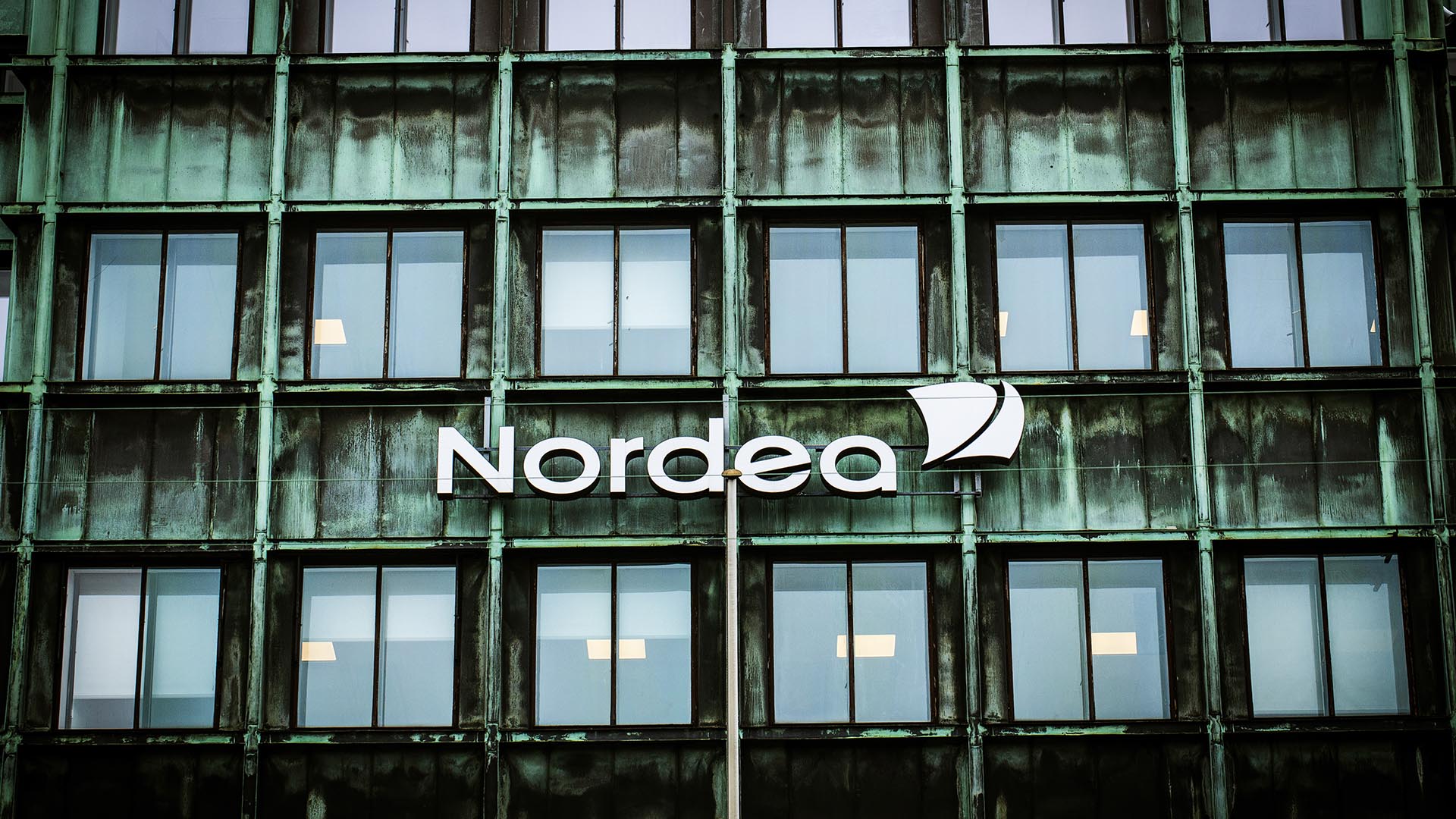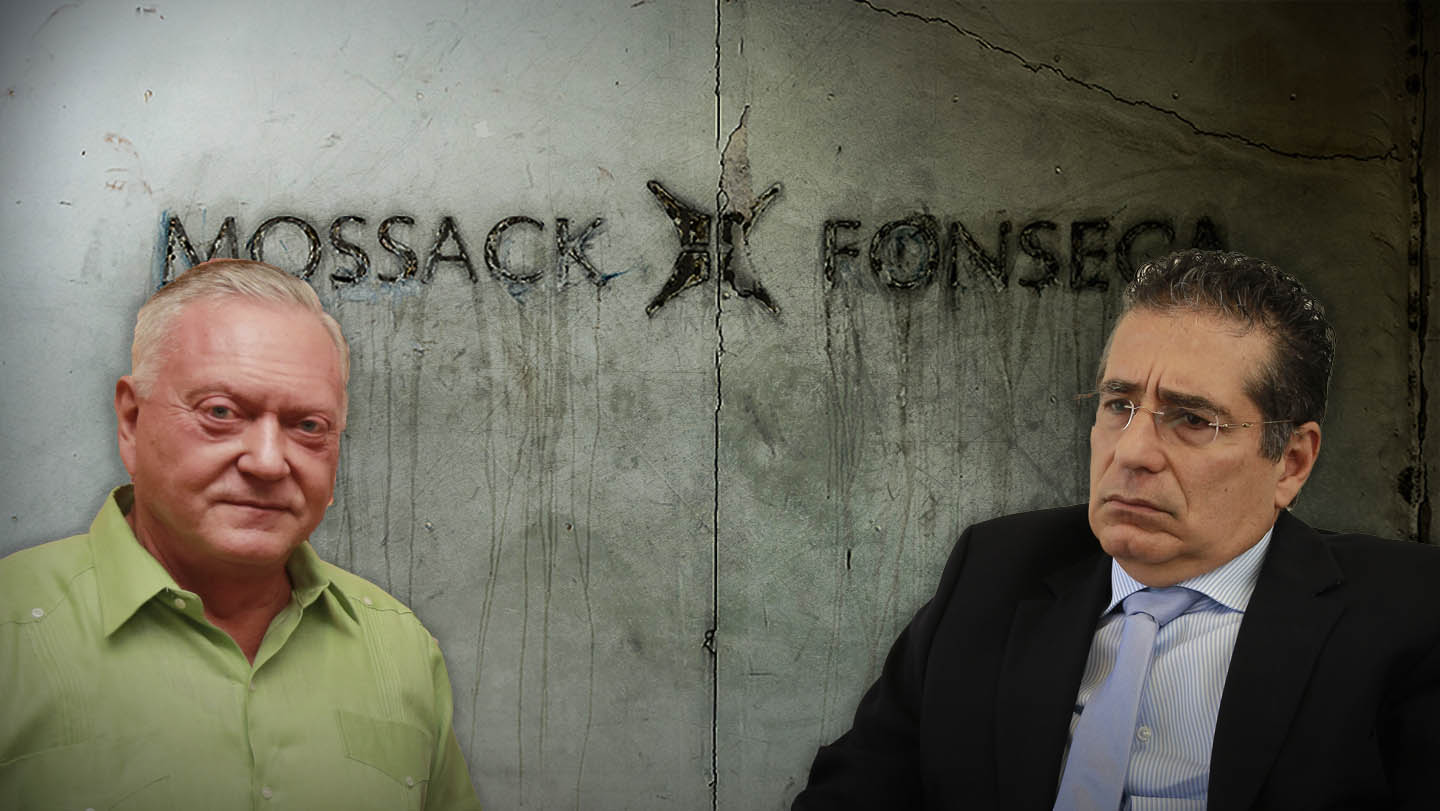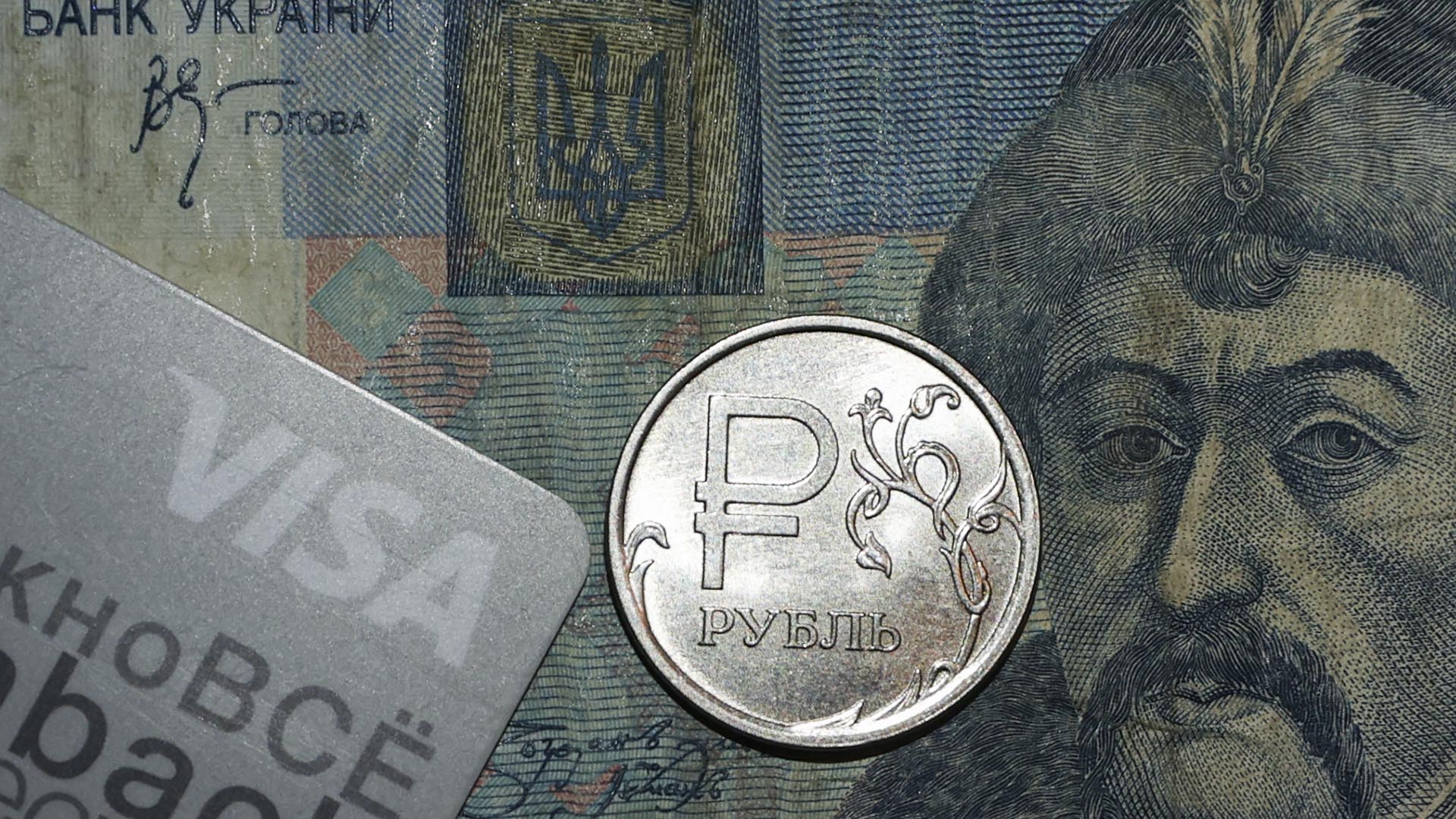ACCOUNTABILITY
Nordea to pay $35 million to end Panama Papers-linked money laundering probe
A top New York regulator said the Finland-listed bank had been implicated in several global scandals including ICIJ’s 2016 exposé, which showed Nordea helped hundreds of customers create offshore companies in tax havens.

European banking giant Nordea has agreed to pay $35 million to New York’s financial services watchdog following an investigation into the Helsinki-based bank’s alleged failure to prevent money laundering and other criminal activities, including some exposed in the Panama Papers leak.
The New York State Department of Financial Services said it had identified “significant compliance failures” between 2008 and 2019 by the bank, which failed to conduct proper due diligence of its clients and banking partners as required by the Bank Secrecy Act.
“International financial entities such as Nordea must safeguard against criminal activity in the global financial system, and for years Nordea failed in these respects,” said Superintendent Adrienne Harris, who leads DFS, in a statement.
According to the regulator, Nordea’s weak compliance program exposed the bank’s financial channels, and therefore the New York financial system, to “a high risk of criminal abuse.”
The consent order cited ICIJ’s 2016 Panama Papers investigation, which exposed a shadowy global industry of law firms and big banks selling financial secrecy to clients — including politicians, celebrities and fraudsters — around the world.
The investigation was based on 11.5 million leaked documents, which named 72 customers of Nordea’s international branch in Vesterport, Denmark. DFS said the revelations exposed Nordea as one of many financial institutions that failed to “follow legal requirements that would ensure their customers were not involved in criminal endeavors, tax evasion, or political misconduct.”
It said that Nordea was linked to billions of dollars of suspicious transactions over roughly a decade, and that the Vesterport branch was also implicated in two other high-profile money laundering schemes, known as the “Russian Laundromat” and “Azerbaijani Laundromat.”
Last month, Danish authorities indicted Nordea for violating anti-money laundering laws by failing to stop $3.7 billion of suspicious transactions involving Russian clients, shortcomings previously exposed in a separate ICIJ investigation a decade ago.
ICIJ media partner Politiken revealed in 2013 as part of Secrecy for Sale that Russian nationals and others used services of Nordea’s Copenhagen branch to maintain about 100 offshore companies, sparking an eight-year investigation.
Nordea’s chief compliance officer, Jamie Graham, acknowledged in a statement that the bank had “historically … underestimated the complexity of preventing financial crime and the resources needed for that purpose.” The statement noted that Nordea had invested some 1.5 billion euros, or roughly $1.7 billion, in anti-money laundering controls since 2015.
“The bank has taken significant measures to improve financial crime processes and procedures since the period covered by DFS’s investigation,” Graham said.
According to the consent order, Nordea’s total assets were worth approximately $627 billion as of 2023, with its New York branch holding more than $37 billion in assets. The bank’s statement said the New York fine would have “no material impact on the financial position of Nordea.”
Columbia University law professor John Coffee, who specializes in white-collar crime, told ICIJ via email that the settlement agreement implied the state regulators were “very happy with Nordea’s level of cooperation.”
Suzanne Lynch, an adjunct professor on financial crime at Utica University, also noted the heavy emphasis on cooperation. Lynch said she was surprised to see scarce mention of federal-level investigations in the 44-page consent order.
“So the question remains, will the feds go after them too?” she said. “They’re the ones that ultimately really deal with the financial intelligence gathered.”

